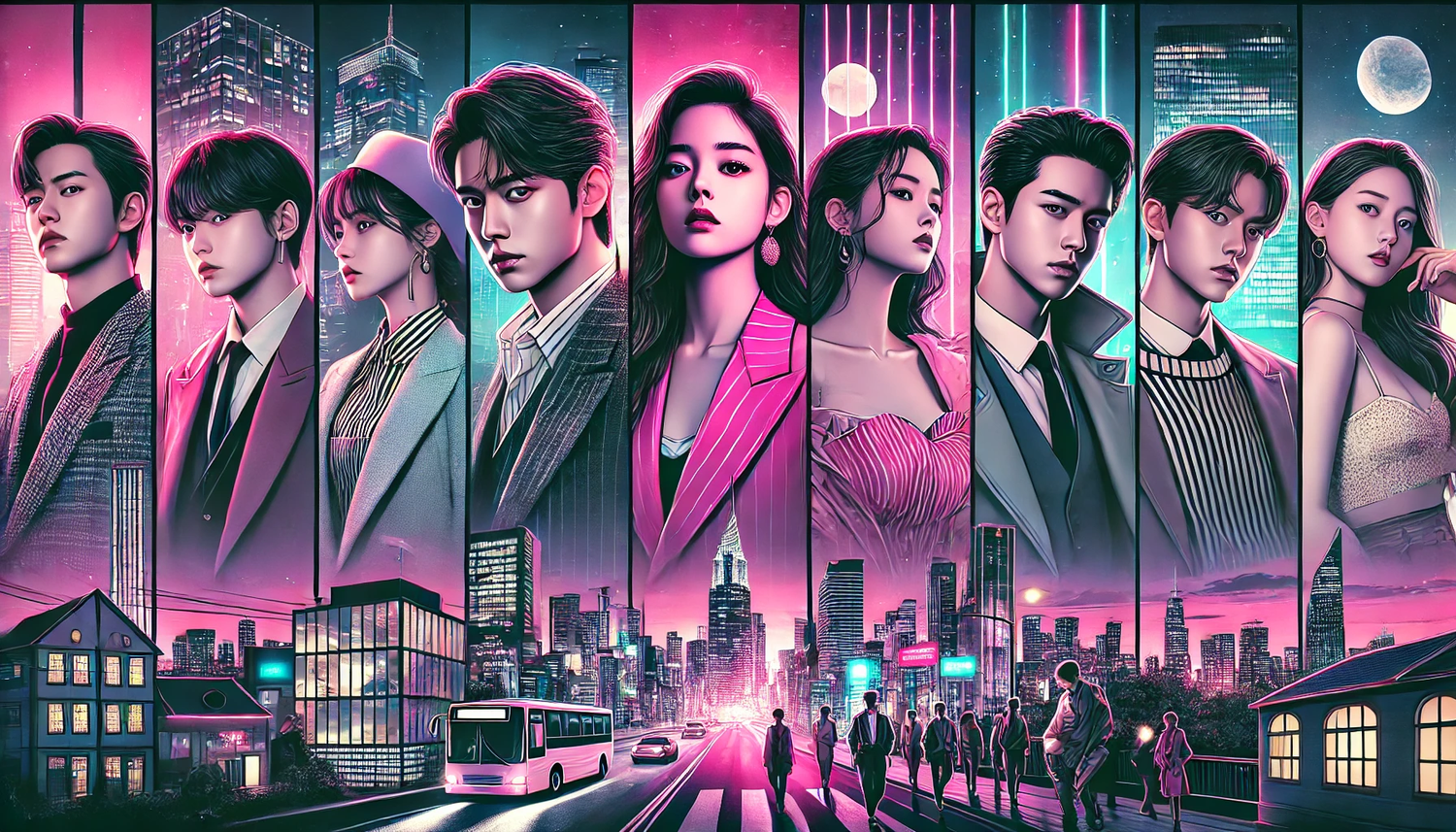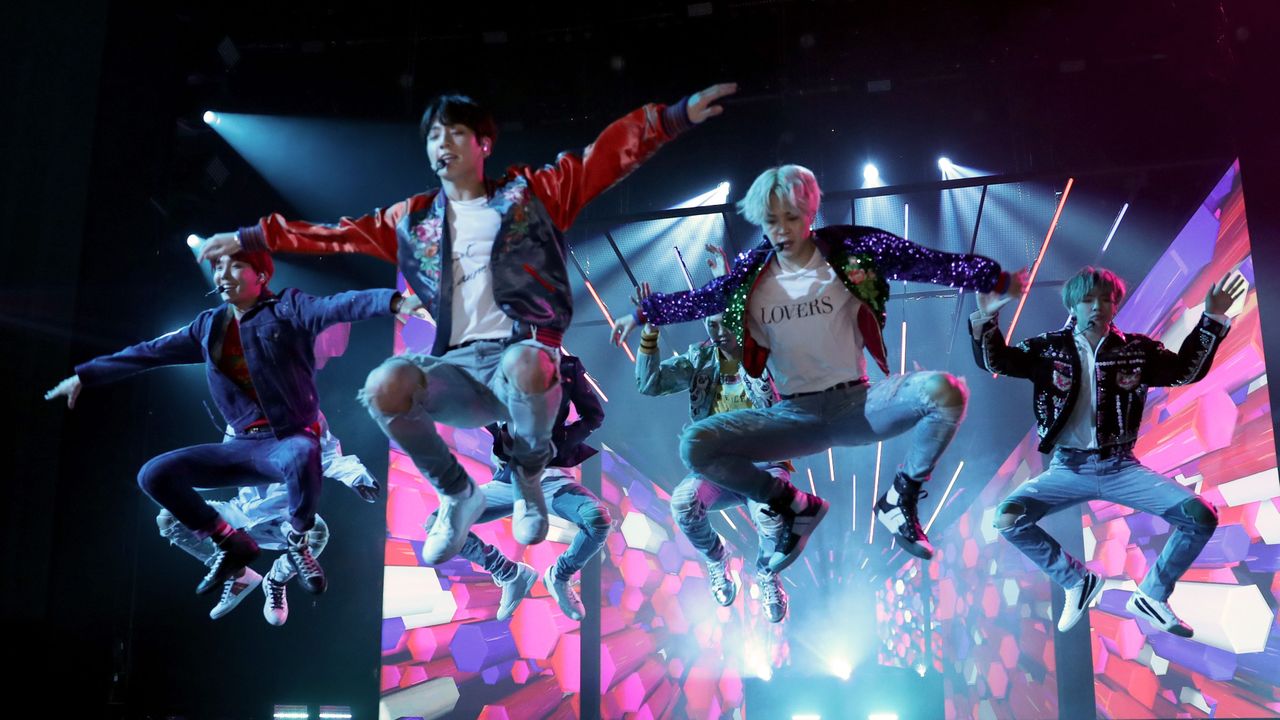The Beginning of the Korean Wave (Hallyu)
The Global Rise of Korean Dramas and Movies. The global popularity of Korean dramas and films didn’t happen overnight. It all started with the early 2000s phenomenon known as Hallyu, or the Korean Wave, which marked the growing influence of South Korean culture abroad. The first wave of this movement was driven by K-dramas such as “Winter Sonata,” “Autumn in My Heart,” and “Full House,” which won hearts in Japan, China, and Southeast Asian countries. These shows presented heartfelt stories, appealing visuals, and high emotional engagement, a refreshing contrast to the local content many viewers were used to. The Hallyu wave grew stronger over time as more Korean content became available internationally, building a loyal global fanbase that craved deeper connections with Korean culture, including music, food, fashion, and lifestyle.
Streaming Platforms: The Gateway to Global Reach
The real game changer for the Korean entertainment industry came with the global expansion of streaming platforms. Services like Netflix, Viki, and Rakuten TV allowed viewers from the U.S., Europe, Africa, and South America to binge-watch Korean series with subtitles in multiple languages. Netflix in particular has played a pivotal role, investing billions of dollars into original Korean productions and showcasing them to a global audience. Series like “Crash Landing on You,” “Kingdom,” “Sweet Home,” and “All of Us Are Dead” became instant international hits, dominating trending charts in dozens of countries. Korean films, too, broke new ground—especially with Bong Joon-ho’s “Parasite,” which captivated audiences with its sharp social commentary and impeccable storytelling. Its historic wins at the Oscars in 2020—including Best Picture—ushered in a new era where Korean cinema was no longer just an international curiosity but a global cultural force.
Why the World Can’t Get Enough of Korean Storytelling
Korean dramas and films resonate so powerfully around the world because they blend universal emotions with culturally rich storytelling. Korean writers and directors know how to build compelling characters and slowly unravel emotional arcs that viewers can relate to deeply. Whether it’s a romantic series like “Our Beloved Summer,” a crime thriller like “Signal,” or a fantasy saga like “Goblin,” Korean dramas excel at exploring human emotions—love, grief, ambition, guilt, and redemption—in ways that feel both intimate and epic. The casting of charismatic actors, stunning cinematography, catchy soundtracks, and strong production quality further elevate the experience. Moreover, the fashion, food, and social themes featured in these dramas have sparked new trends worldwide. Audiences are not just watching these stories—they’re engaging with Korean culture on a deeper level, learning the language, trying out Korean recipes, and traveling to shooting locations.
Breaking Stereotypes and Diversifying Content
What’s particularly admirable about Korean content is how it continues to evolve. In recent years, Korean filmmakers have tackled more diverse genres and themes—ranging from zombie apocalypses in “Train to Busan” to socioeconomic inequality in “Squid Game,” and from LGBTQ+ narratives to stories that critique mental health stigma, corruption, and gender roles. This bold and refreshing approach has helped Korean productions stand apart from the formulaic offerings in other entertainment industries. It’s not just romantic dramas anymore; Korean thrillers, horror films, documentaries, and legal procedurals are grabbing the spotlight and drawing viewers across demographics. The international recognition is also driving a greater demand for authenticity and quality storytelling, inspiring even Hollywood to learn from the Korean model.
Looking Ahead: The Future of Korean Content
Korean dramas and films are now seen as a benchmark of excellence in the global entertainment industry. The support from governments, international collaborations, and investment from major streaming platforms ensures that K-content is not just a trend—it’s the future. As the industry continues to push boundaries with innovative ideas and socially conscious storytelling, it’s likely we’ll see even more Korean directors, screenwriters, and actors gaining international stardom. Meanwhile, the rise of K-pop alongside K-dramas and K-films creates a synergy that further strengthens Korea’s soft power. Young global audiences—especially Gen Z—are driving this growth, embracing stories that are emotionally raw, visually stunning, and culturally rich. The global rise of Korean dramas and movies is more than just entertainment—it’s a cultural revolution, and the world is watching with excitement.






























